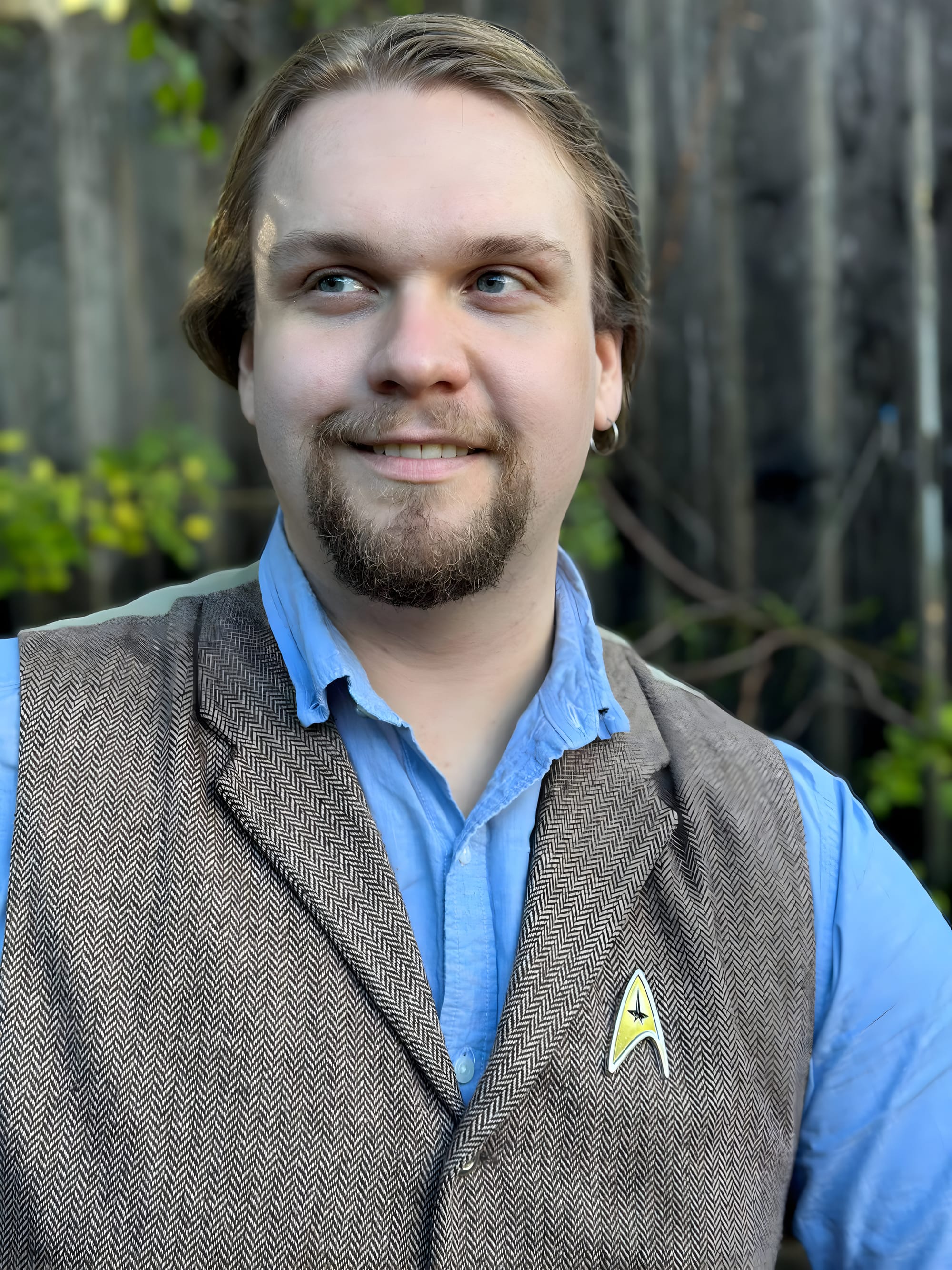And our attention can change the world.
There can be no doubt in anyone’s mind that the world is facing some serious crisis at the moment. From climate change, to nuclear proliferation, we are staring down the barrel of the gun we created. We wait for the muzzle flash with our fingers crossed behind our backs.
In this time of strife and worry, it’s easy to seek refuge from the storm. When the world seems dark, it makes sense that the first response for many would be to put up a wall — literally or figuratively. This is a perfectly natural response. It is also a response which will cost us our world.
Within thirty years, the effects of climate change will lead to catastrophic damage to our global civilization. More conservative reports give us a bit more time to act, but whether the damage is complete in thirty or sixty years is an academic concern. Even before catastrophic environmental degradation occurs, there will be massive social impacts from the altering global climate conditions. Once the process reaches a certain point — where the strain on certain environmental systems strain to a breaking point, a spiraling degradation is inevitable.
So, yes, we are plagued by bad news. We are inundated by catastrophe; we are overwhelmed on a daily basis by a fear of the unknown.
We stare into our little screens and absorb a wild milieu of terrible news and fearful predictions: someone’s coming to take our homes, the climate is changing, wars are coming and peace is failing; and there is no place to turn that seems like an escape from it all.
Things are changing, and we’re madly holding onto whatever we can that promises to stay the same.
It’s tempting to either hide away, or else to double down on whatever popular belief in our social sphere is dominant.
If your community is worried about immigrants, you’ll probably prioritize that. If your friends all believe that chemtrails are the most dire threat to life and liberty, well, you’ll soon find yourself angry whenever you encounter people who don’t.
What I want to have you remember is that this sort of response is natural; it is human nature to side with the group that surrounds us, this isn’t wrong, it’s just psychology.
But we can do better. And we’ll be happier for the effort.
As thinking beings, it is our responsibility to not go through life on autopilot.
It’s our responsibility not to put our heads in the sand; it’s our responsibility to pay attention to the world around us — and this means being aware of the facts.
This means refusing to accept what we assume be true — whether that truth is one that comes from our friends, our family, our religion, or our political party. We can do this by seeking out wider opinions, by exploring the work of experts, and by forcing ourselves to assume that people who are the loudest, the rudest, the most confrontational… are probably people not worth listening to.
We need to learn not to let those who are adept at bluster rule our lives.
I have plenty of friends who do not wish to vote; or who prioritize political positions based purely on emotional reactions. When I see this, even if I agree with their positions, I instinctually approach with a questioning attitude.
My goal in these circumstances is never to change their minds (if we go into a dialogue with the attitude of convincing someone to alter their opinion, it’s darn-near certain we will only aid in the entrenchment of their belief).
My goal is always to help the people close to me ask better questions. In the end, this aids me, as well, because I also form better questions every time I encounter someone who believes differently than I do.
Paying attention to the world around us is more than simple data-gathering; more than the simple absorption of knowledge, paying attention requires us to actively widen and deepen our understanding of ourselves and the world.
Yes, it can feel overwhelming when we see so many crises. But so many of these are solvable if we work together. Everything from climate change to the effects of globalization are solvable. If we work together as informed individuals, we can alter the shape of things for the better.
So, by “paying attention” I don’t mean to imply that we must merely watch, exhausted and afraid, as the world falls to pieces around us.
To pay attention means being actively engaged — starting with ourselves and working out into our local communities — to explore and question the situations in which we find ourselves.
We must actively seek solutions for the trials that we face. We must participate in the search for solutions. If enough of us realize this in time, disaster will be averted — and, what’s more, a doorway will open to a positive future unlike anything our species has known before.
All it takes is starting with a question.
What do you believe?

